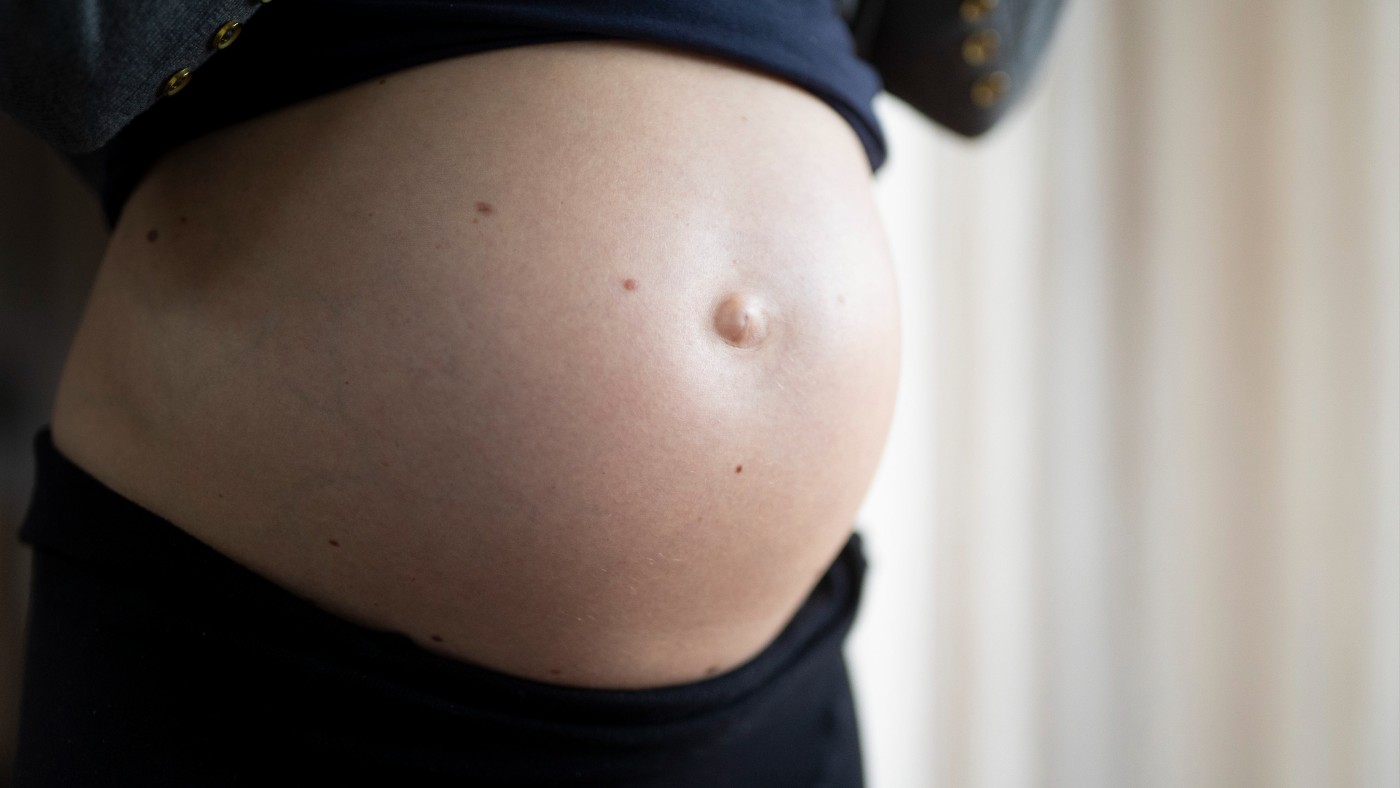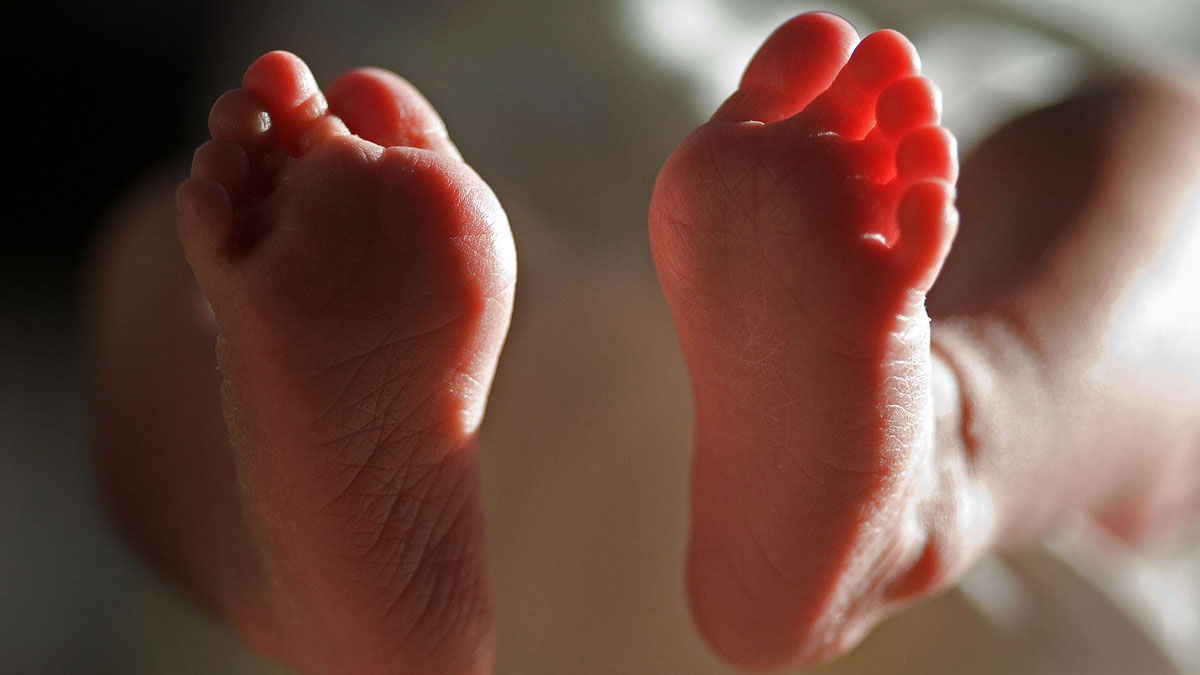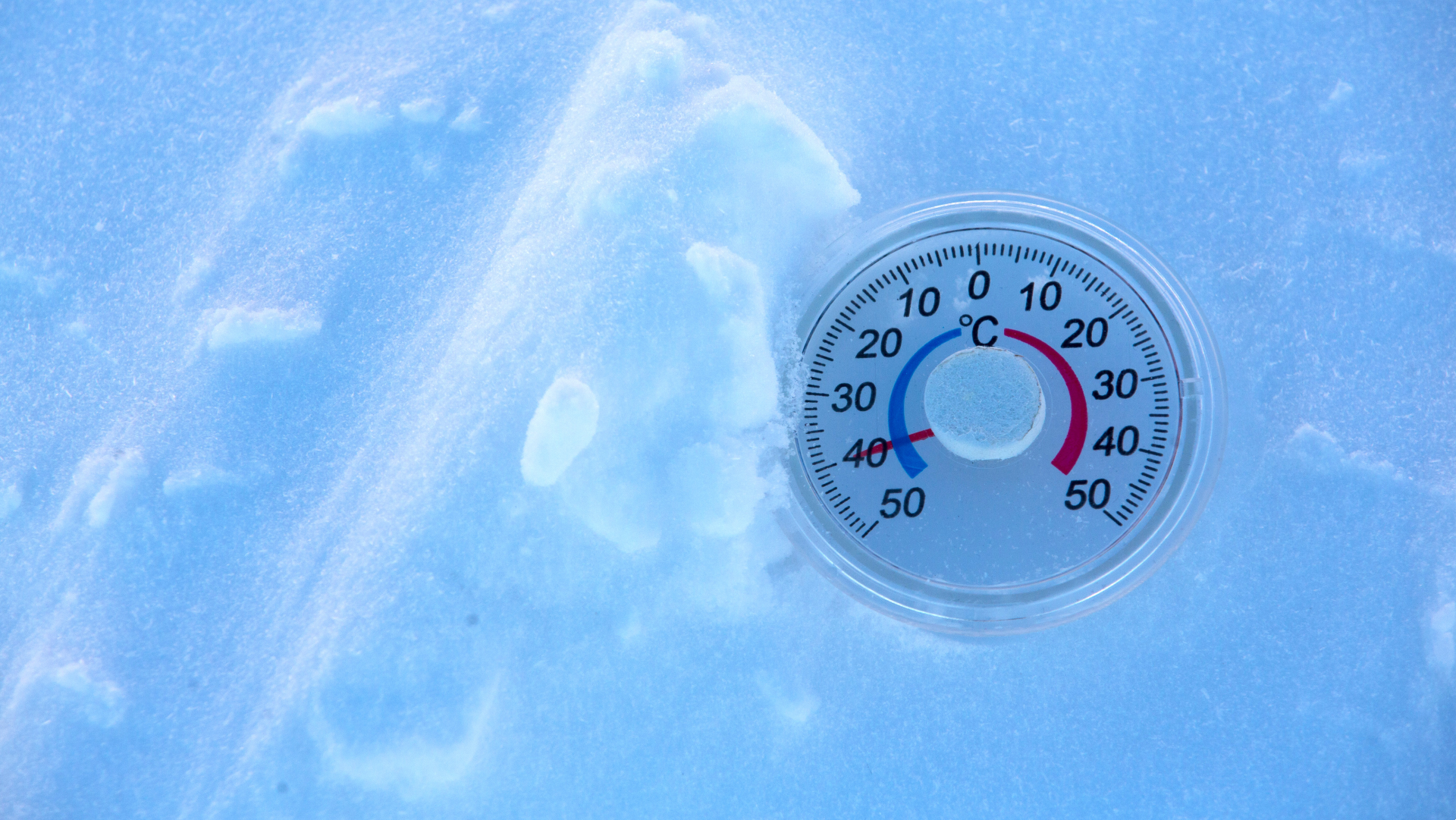Instant Opinion: Bloomberg ‘busts’ in Democratic debate
Your guide to the best columns and commentary on Thursday 20 February

A free daily email with the biggest news stories of the day – and the best features from TheWeek.com
You are now subscribed
Your newsletter sign-up was successful
The Week’s daily round-up highlights the five best opinion pieces from across the British and international media, with excerpts from each.
1. Frank Bruni in The New York Times
on a disastrous night for the newcomer
The Week
Escape your echo chamber. Get the facts behind the news, plus analysis from multiple perspectives.

Sign up for The Week's Free Newsletters
From our morning news briefing to a weekly Good News Newsletter, get the best of The Week delivered directly to your inbox.
From our morning news briefing to a weekly Good News Newsletter, get the best of The Week delivered directly to your inbox.
Despite his billions, Bloomberg busts
“Making his first appearance alongside other contenders for the Democratic presidential nomination, Bloomberg knew that he would be under furious attack and had clearly resolved not to show any negative emotion. But that meant that he often showed no emotion at all. Or he looked vaguely bemused, and that didn’t communicate the coolness that he intended. It signaled an aloofness that he very much needed to avoid. He made a groaner of a joke about his wealth, saying that he could hardly use a plebeian instrument like TurboTax to ready his tax returns for public consumption. He made light of past harassment-related complaints from female employees.”
2. Peter Garrison in the Los Angeles Times
on the perils of instrument flight rules
A free daily email with the biggest news stories of the day – and the best features from TheWeek.com
To understand the Kobe Bryant crash, it helps to know what it’s like to fly in iffy weather
“Pilots tend to move along, imperceptibly accustoming themselves to worsening conditions. Their impulse is always to go a little farther. They want to reach the destination. And they hope the weather is going to get better somewhere ahead. Gradually, they may begin to accept downward visibility in place of forward visibility. Flying low, as helicopters often do, they can see the ground below even when they can barely make out what’s straight ahead. People watching from below see them pass overhead and vanish into cloud; but the pilots can still see the ground, and they think to themselves, ‘So far, so good.’ Then they start to lose sight of the ground, and they realize that this is not going to work. What now?”
3. Natasha Amar on HuffPost
on what makes a woman
My sister died during her pregnancy. Stop asking me when I’ll have kids
“A decade has gone by and I’ll never know why my sister was adamant about having kids even though she was told it could cost her life. But I always wonder if it was society’s obsession with motherhood that made my sister feel like she had to have a child despite what doctors told her. I fear I lost my sister to this idea that women’s lives are incomplete until they’ve been through childbirth. Until they’ve become mothers. Why does society tell us that having children and being mothers is what completes a woman’s life?”
4. Meagan Francis on NBC Think
on the agony of budget air travel
Airplane seat recline rage misses the point: the airlines, not passengers, are at fault
“The fact is, airline seats are (mostly) made with a recline function. If it’s rude to take advantage of that built-in feature, then perhaps airlines should stop offering reclining seats, or give passengers more instruction on the proper way to use them? Or, here’s a really novel concept: Maybe airlines can work to create an atmosphere in which people are just a little less aggravated and pissed-off from the get-go. I don’t think most people mean to be rude; I think we’re usually just confused and trying to get through a flight with the least possible damage to ourselves. Unfortunately, being shuffled through a dehumanizing security line, nickel-and-dimed over every baseline ‘perk’ and crammed into tiny spaces with complete strangers doesn’t do much to create a sense of community and cooperation.”
5. Daniel Moss in the Japan Times
on self-fulfilling fearmongering
COVID-19’s economic hit is all in your mind
“Hindsight can be an asset during an epidemic: Lessons from the past help steer public decision-making and avoid repeating mistakes. Unfortunately, rearview mirrors appear to be in short supply these days. For all the stimulus measures that officials are rolling out to combat the economic impact of the coronavirus, lower interest rates and bigger budgets are unlikely to make people feel immune. And it is consumer behavior that will influence the magnitude of any hit. The gap between how people perceive the risk of becoming ill and the likelihood of actually contracting the virus can be vast, driven wider by feelings from past experiences, vivid images or simply fright.”
-
 Sepsis ‘breakthrough’: the world’s first targeted treatment?
Sepsis ‘breakthrough’: the world’s first targeted treatment?The Explainer New drug could reverse effects of sepsis, rather than trying to treat infection with antibiotics
-
 James Van Der Beek obituary: fresh-faced Dawson’s Creek star
James Van Der Beek obituary: fresh-faced Dawson’s Creek starIn The Spotlight Van Der Beek fronted one of the most successful teen dramas of the 90s – but his Dawson fame proved a double-edged sword
-
 Is Andrew’s arrest the end for the monarchy?
Is Andrew’s arrest the end for the monarchy?Today's Big Question The King has distanced the Royal Family from his disgraced brother but a ‘fit of revolutionary disgust’ could still wipe them out
-
 Twins born in separate years
Twins born in separate yearsTall Tales And other stories from the stranger side of life
-
 Woman has one in 50 million pregnancy
Woman has one in 50 million pregnancyTall Tales And other stories from the stranger side of life
-
 Baby born using three people’s DNA
Baby born using three people’s DNAfeature And other stories from the stranger side of life
-
 The tricky science behind reviving ‘zombie viruses’
The tricky science behind reviving ‘zombie viruses’feature 48,500-year-old pathogen poses no risk to humans, but scientists hope to learn more about impact of melting permafrost
-
 The Week Unwrapped: Immunity, Tunisia and Big Brother
The Week Unwrapped: Immunity, Tunisia and Big Brotherpodcast Will a drug called Evusheld cut Covid deaths still further? Is the Arab Spring over? And are we ready for the return of reality TV?
-
 ‘The UK’s malaise will not end with the Prime Minister’s exit’
‘The UK’s malaise will not end with the Prime Minister’s exit’Instant Opinion Your digest of analysis from the British and international press
-
 ‘Police tactics are not getting worse, they are simply being filmed’
‘Police tactics are not getting worse, they are simply being filmed’Instant Opinion Your digest of analysis from the British and international press
-
 ‘G7 leaders missed a golden opportunity’
‘G7 leaders missed a golden opportunity’Instant Opinion Your digest of analysis from the British and international press